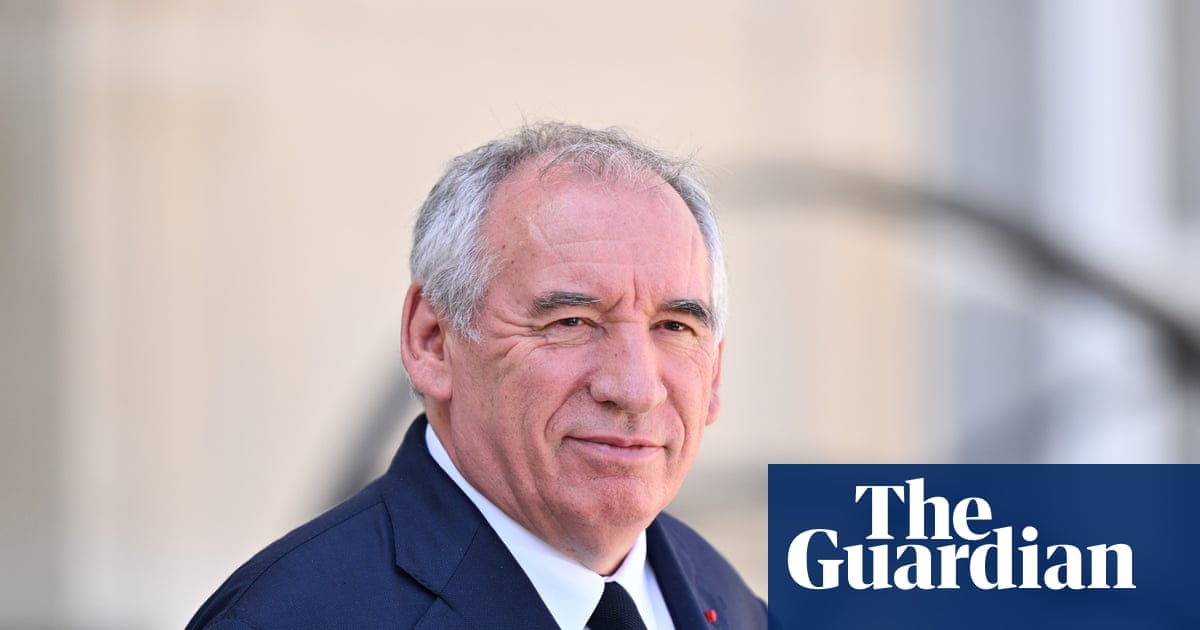
"The French prime minister Francois Bayrou has surprised France by calling a sudden confidence vote on 8 September, saying he needs backing from parliament for austerity measures to reduce France's public debt. Bayrou is almost certain to lose the gamble. All opposition parties from the far-right to the left have said they will vote to topple the prime minister and his minority government after only nine months in office. This would create a fresh political crisis."
"Bayrou, a centrist and longterm Macron ally, was struggling to get support for his unpopular plan for a 44bn budget squeeze and austerity programme to reduce France's public debt. His proposals, including scrapping two public holidays and freezing most welfare spending, were contested across the political class. Bayrou knew he was facing a difficult autumn: he would have to force through the 2026 budget without a parliament vote and was likely to be toppled by a no-confidence motion in the coming months."
Francois Bayrou called a surprise confidence vote on 8 September to secure parliamentary backing for austerity measures aimed at reducing public debt. Opposition parties across the political spectrum have pledged to topple his minority government, making defeat highly likely. A successful no-confidence vote would force President Emmanuel Macron to appoint a replacement prime minister or call a snap parliamentary election. Bayrou proposed a 44bn budget squeeze including scrapping two public holidays and freezing most welfare spending, measures widely contested and unpopular. Large demonstrations and strikes were expected, raising fears of renewed widespread unrest.
Read at www.theguardian.com
Unable to calculate read time
Collection
[
|
...
]